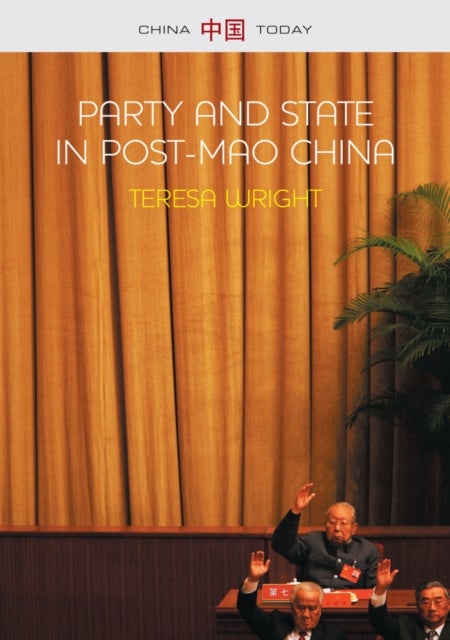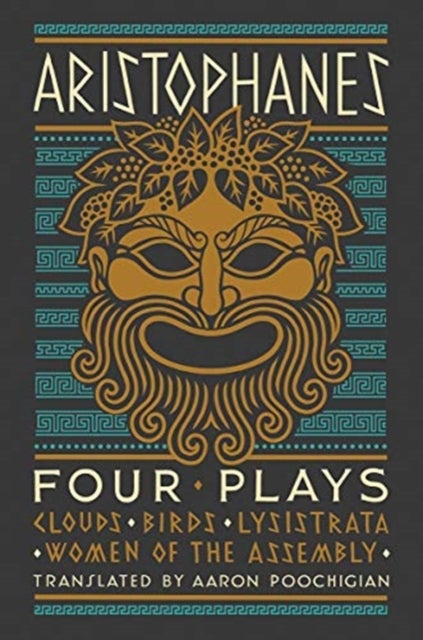
Party and State in Post-Mao China av Teresa Wright
229,-
In recent decades, China has become a quasi-capitalist economic powerhouse. Yet it continues to be ruled by the same Communist Party-dominated government that has been in power since 1949. But how has China¿s political system achieved such longevity? And what does its stability tell us about the future of authoritarian versus liberal democratic governance? <br/> <br/> In this detailed analysis of the deeply intertwined relationship between the ruling Communist Party and governing state, noted China expert Teresa Wright provides insightful answers to these important questions. Though many believe that the Chinese party-state has maintained its power despite its communist and authoritarian features, Wright argues that the key to its sustained success lies in its careful safeguarding of some key communist and authoritarian characteristics, while simultaneously becoming more open and responsive to public participation. She contends that China¿s post-Mao party-state compares well to diffe








